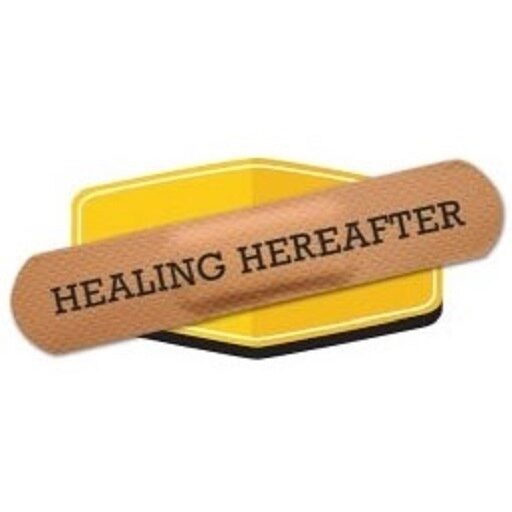I love me some Emperor’s New Groove! So in this scene we’ve got Pacha—suffering from a poverty of experience and resources—and we have Kuzco—suffering from a poverty of humility and compassion. For both intentional and unintentional reasons, they find themselves about to fall into an alligator pit. If you watch the film (and you certainly should!), you realize how they both need each other’s assets to survive and then come to a happy, hilarious ending.
This might seem like a no-brainer, but I’ve been recently reminded that many of us tackle problems with those who are different than us forgetting that the other person has ideas, assets, and abilities that must be incorporated for a sustainable solution to work (Click to tweet). We all suffer from poverties that others can supplement, and their poverties are no more significant than our own. I know, because four weeks ago in New York City with a group of students who went to learn ways to address homelessness, poverty, and disaster relief, we met Claudette, whose house was and still is ravaged by Hurricane Sandy. We were reminded of our poverty of humility, optimism, and sometimes compassion, and we better understood what her poverties truly were as well. The following is a combined effort by Hannah—one of the students—and me to put into words how we helped Claudette to help us to help many…
One of the most interesting parts of life is meeting people you don’t expect.
We knew we’d meet Claudette for breakfast the following morning, so in that respect we had advance knowledge. But Claudette herself came out of nowhere.
The organization with which we were working had originally told us that we would help clean her house, in which mold had been steadily growing in the two and a half years since Hurricane Sandy. To our surprise, they told us during orientation that due to some emotional struggles, we would not be going to Claudette’s house but would work elsewhere. I think we were all slightly disappointed not to get to meet Claudette, but thankfully we decided to call her and ask if she’d be interested in getting brunch with us that Wednesday morning.
I don’t usually try to imagine what people will be like, because I don’t want to set up an expectation of what someone should be like, but from everything we’d heard so far I anticipated meeting someone who was kind of quiet and reserved. Someone who had just come through years of hardship and neglect. But Claudette took me by surprise for two reasons.
The instant she got into the minivan with us, the atmosphere completely changed. It wasn’t like we were grumpy before. We just sat in the van, waiting. Claudette immediately started asking us our names, then joking as though she had known us for years. She didn’t act too familiar—just the right amount—like she was pleased to be with us. She made us feel at ease and comfortable.
When we arrived at the restaurant and piled out of the van, Claudette grabbed my hand, and we started skipping towards Perkins’ grand double doors. I haven’t felt comfortable doing something that uninhibited since early high school. But positive energy is infectious. This became an even more important character trait when she invited us back to see her home, which had been destroyed by mold. She spent some time sharing some previous experiences with aid workers who hadn’t seemed to care about her as a person. That’s not to say she was harsh—she just told us what she thought, which challenged me to think about what it meant to be a volunteer in ways we hadn’t seen or heard about where we were working. And because it was obvious that she wanted to stay positive in the present, any hardship of the past became an even more important thing to want to rectify.
Secondly, I really appreciated meeting Claudette because of the stories she told us. She talked a lot about the neighborhood, which was invaluable because her passion about her hometown made the place feel much more real. It’s easy to forget that even places in our home country can have a culture quite different from what we know.
The question now is: Where do we go from here? Can you build a virtual relationship with someone you only met in person one time? What can we do to support Claudette from several states away?
We’ve tried to embody our new unique friendship and how we might answer some of these questions in the closing poem below…
A chance encounter so it seemed
Between two parties different:
A Staten Island woman teamed
With college kids from Hope who went
To learn Big Apple stories of
Folks who face tougher odds than they,
To understand, engage, and love
Whomever God would bring their way.
And so one Wednesday morn we found
Ourselves at Perkins with Claudette.
She taught us as we gathered round
Of storms and setbacks that beset
Her with a dear but damaged house
And help that failed, then flailed, then brought
The care a human could espouse
Apart from aid that money bought.
We realized then in any trial
That people still have people needs.
We shouldn’t force aid in our own style.
They’re friends, not tasks; let’s take their leads
Respecting where their minds are at.
They oft know better what might best
Meet needs both inside and out that
Will offer true restoring rest.
In thanks we’ve come aside her now
As friends and partners in our goal
To find in Christ’s love for all how
Our lives are meant to play a role.
For more stories and discussions on helping to be helped to help many, check out my free book series Healing Hereafter…instantly download whatever parts interest you here!


